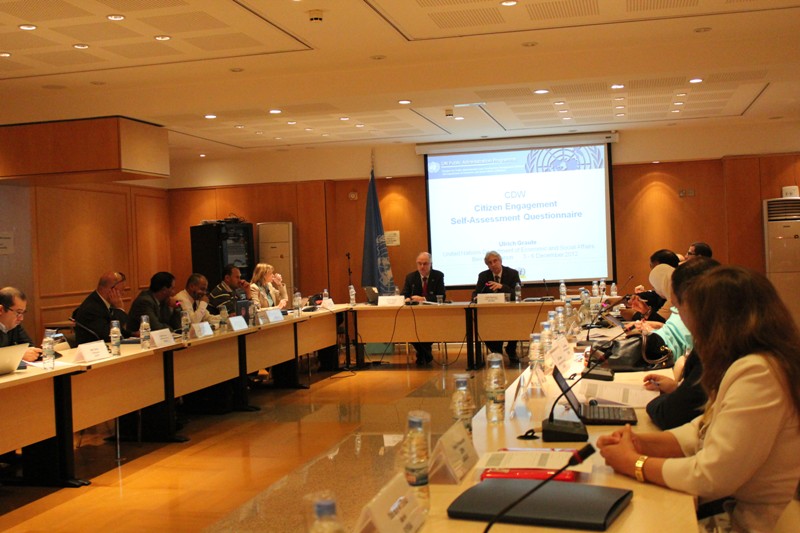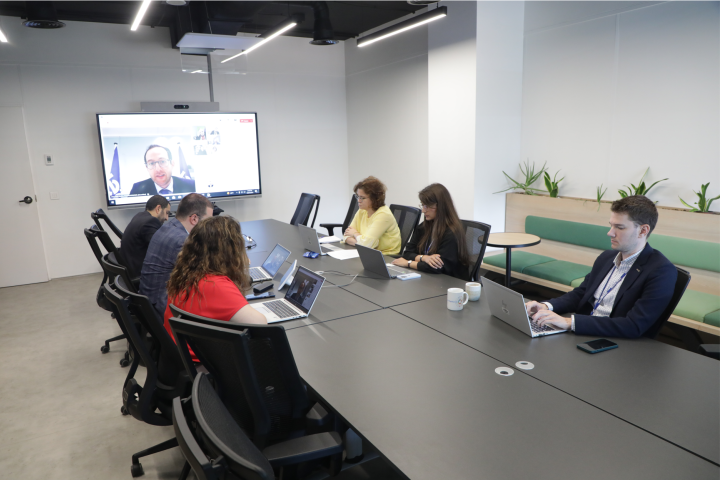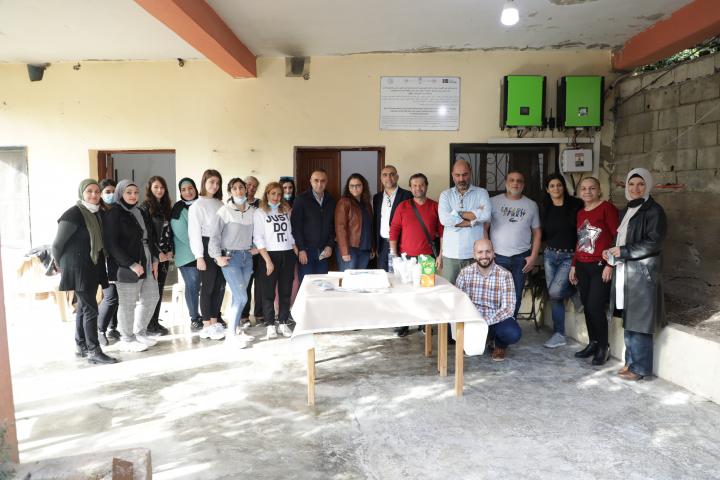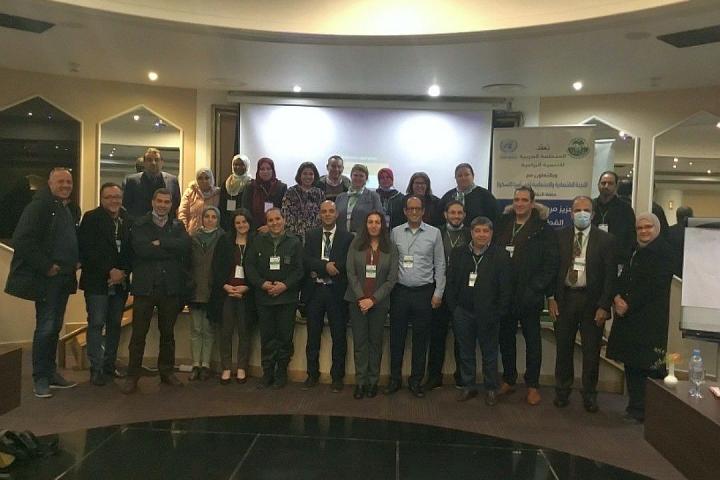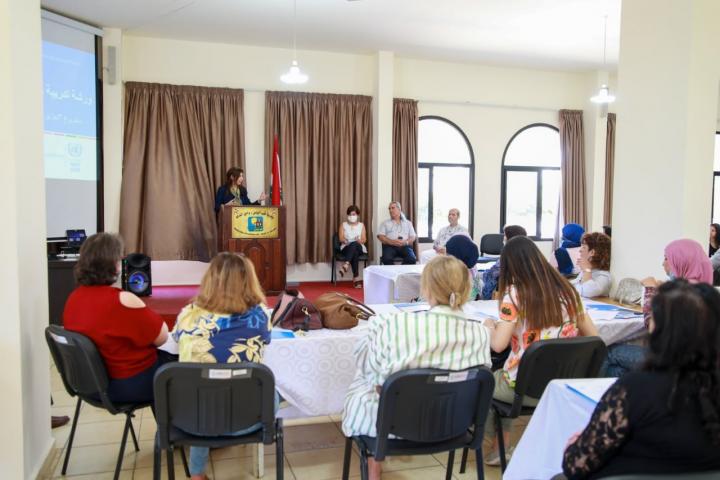After an intensive discussion at the UN House, international and regional experts as well as senior government officials agreed that engaging citizens in attaining national development agendas is an imperative. Over 35 participants attended the meeting organized by UN Department of Economic and Social Affairs (DESA) and ESCWA, from 3 to 6 December 2012, in Beirut. Taking cue from their governments at the Rio+20 Summit this June, the participants agreed on the importance of governance and the inclusion of socially vulnerable groups in achieving sustainable development. They called for public institutions to be ready to engage both men and women, as citizens, to have a say in sustaining the achievements of the Millennium Development Goals (MDG’s) after 2015 as well as strengthening good governance practices, which would facilitate transition processes in a number of Arab countries. In a video address from New York, Haiyan Qian, the Director of the Division for Public Administration and Development Management, DESA noted: “Around 25 % of 193 member states have embarked in open government data initiatives that are intended to increase transparency, accountability and participation that empower citizens through knowledge.” Likewise, Tarik Alami, Director, Division for Emerging and Conflict Related Issues, added: “The challenge will be to formulate the right mix of suitable policies and programmes that will make citizen engagement part of the governance system in the Arab region.” Experts looked at the institutional and regulatory architecture as well as effective channels and modalities set up by governments and CSOs to interact with their citizens. The potential of the Internet and mobile technologies allowing governments to better connect with citizens, deliver services and capture public preferences on development concerns were highlighted. Rami Khouri, Director, of Issam Fares Institute for Public Policy and International Affairs, American University of Beirut, observed, that “we must keep in mind that the concept of populist legitimacy is now the foundation of government authority.” They also discussed how governments could foster more public participation and social inclusion in the region highlighting the current situations faced by their countries after the 2011 uprisings. In that regard, Jamal Al-Jawahiri, Iraqi Al Amal Association Board member, maintained that “…the best and most effective public policy and legislation were drafted with the participation of all stakeholders’ in-put.” Participants agreed on concrete steps to be taken, with the support of the UN DESA and ESCWA, including capacity building to conduct self assessment and track progress in participatory governance through strengthening data collection and analysis, which would culminate into a biennial Arab Governance Report.
Commission
Secretariat
Our Clusters
Collaborate
Resources
Key Resources
Updates
Get in touch
